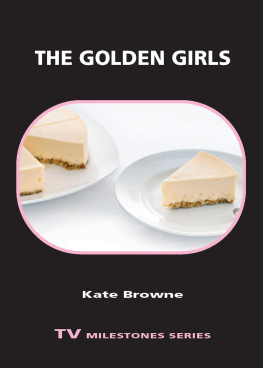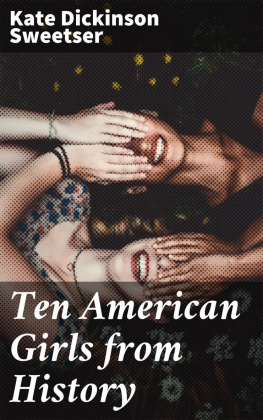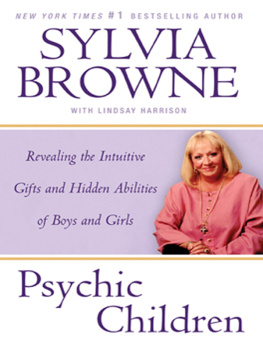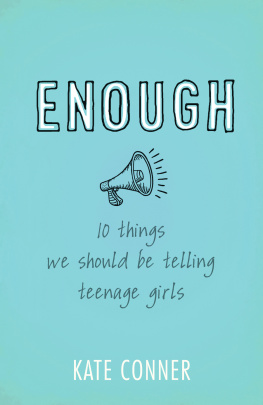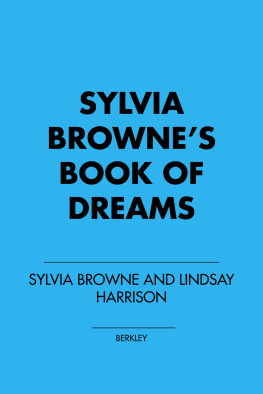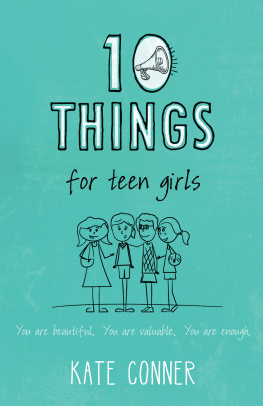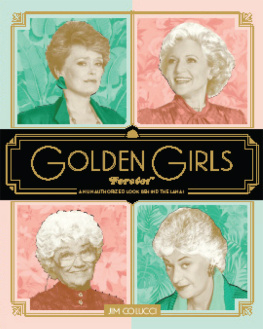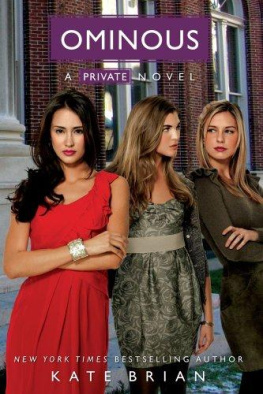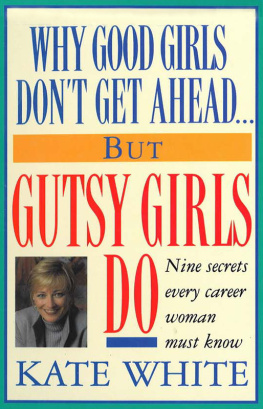Browne Kate - The Golden Girls: TV Milestones Series
Here you can read online Browne Kate - The Golden Girls: TV Milestones Series full text of the book (entire story) in english for free. Download pdf and epub, get meaning, cover and reviews about this ebook. year: 2020, publisher: Wayne State University Press, genre: Romance novel. Description of the work, (preface) as well as reviews are available. Best literature library LitArk.com created for fans of good reading and offers a wide selection of genres:
Romance novel
Science fiction
Adventure
Detective
Science
History
Home and family
Prose
Art
Politics
Computer
Non-fiction
Religion
Business
Children
Humor
Choose a favorite category and find really read worthwhile books. Enjoy immersion in the world of imagination, feel the emotions of the characters or learn something new for yourself, make an fascinating discovery.
- Book:The Golden Girls: TV Milestones Series
- Author:
- Publisher:Wayne State University Press
- Genre:
- Year:2020
- Rating:3 / 5
- Favourites:Add to favourites
- Your mark:
- 60
- 1
- 2
- 3
- 4
- 5
The Golden Girls: TV Milestones Series: summary, description and annotation
We offer to read an annotation, description, summary or preface (depends on what the author of the book "The Golden Girls: TV Milestones Series" wrote himself). If you haven't found the necessary information about the book — write in the comments, we will try to find it.
The Golden Girls: TV Milestones Series — read online for free the complete book (whole text) full work
Below is the text of the book, divided by pages. System saving the place of the last page read, allows you to conveniently read the book "The Golden Girls: TV Milestones Series" online for free, without having to search again every time where you left off. Put a bookmark, and you can go to the page where you finished reading at any time.
Font size:
Interval:
Bookmark:
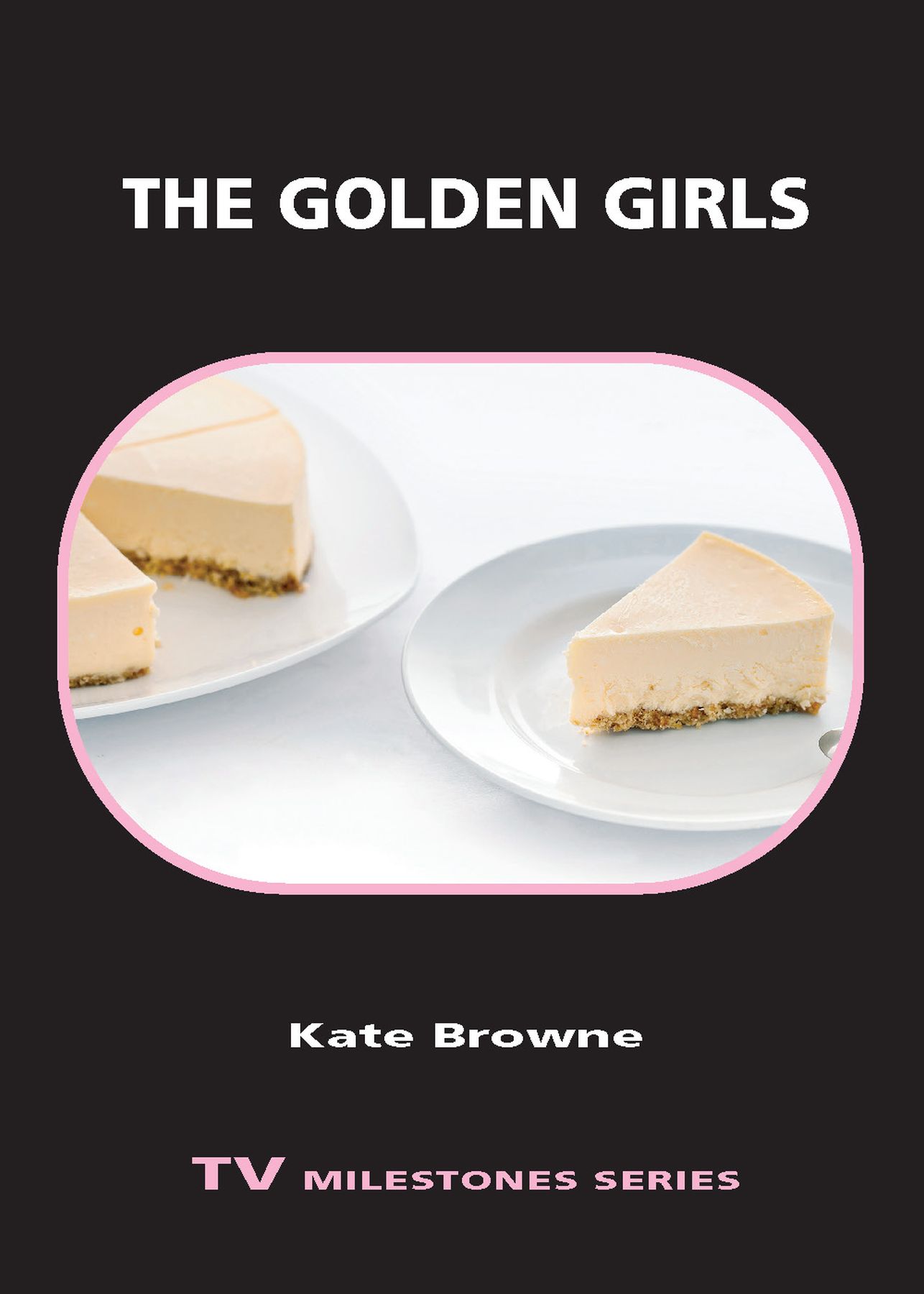
TV Milestones Series
Series Editor
Barry Keith Grant, Brock University
TV Milestones is part of the Contemporary Approaches to Film and Media Series
A complete listing of the books in this series can be found online at wsupress.wayne.edu
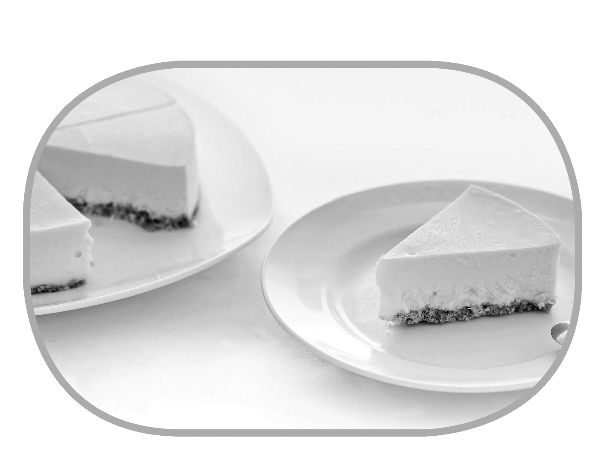
Kate Browne

Wayne State University Press Detroit
2020 by Wayne State University Press. All rights reserved. No part of this book may be reproduced without formal permission.
ISBN 978-0-8143-4564-1 (paperback)
ISBN 978-0-8143-4565-8 (e-book)
Library of Congress Control Number: 2020931210
Wayne State University Press
Leonard N. Simons Building
4809 Woodward Avenue
Detroit, Michigan 48201-1309
Visit us online at wsupress.wayne.edu
To Bernardine Smith (19252009)
I loved telling people that I was writing a book about The Golden Girls. Their eyes would light up, and they would tell me a story about watching the show during college or after school with their grandma, or how much they like catching the reruns in syndication. Fandom brings people together, and Im grateful for all the fans of The Golden Girls who make this work worth doing. My name is on the cover, but this was truly an ensemble production.
I am grateful for the Popular Culture Association/American Culture Association for providing space at their annual conference to share the first iteration of this work and allowing scholar-fans to revel in whats possible when we bring our research to bear on our favorite media. I also appreciate the feedback and support of the Wayne State University Press editorial board and staff at every step of the process. Many thanks to Marie Sweetman and Barry Grant for their enthusiastic support and guidance. I am also grateful for the two anonymous reviewers who helped strengthen my arguments in each section of this manuscript. Special thanks to Annie Martin at Wayne State University Press for her encouragement and for keeping in touch.
Supporting a writer is a labor of love, and Im glad to have had some of the most generous people on my side during this project. Thank you to my family for writing time and space. To Drew and Duncan, always, for the confidence and infinite reasons to write. Finally, to Maren, whose magnitude of knowledge on The Golden Girls far surpasses anything I could ever hope to achieve. Our conversations always return to the mystery of doublers, plot holes, and existential quandaries about Stan and the monkey. May we grow old together and never stop laughing about the Get It While Its Hot Erotic Bakery. Thank you for being my friend.
T he first four notes of Andrew Golds hit pop song Thank You for Being a Friend signal the start of an episode of The Golden Girls, a steadfast television companion from 1985 that has aired in syndication ever since. The breezy, string-based reprise sung by Cynthia Fee serves as both the shows theme song and exposition explaining the relationship between four women living together in Miami, Florida. The accompanying shots of an airplane flying at sunset and the Miami skyline echo the songs next line, traveled down a road and back again. These still shots are followed by a montage that introduces the GirlsBea Arthur as Dorothy Zbornak, Rue McClanahan as Blanche Devereaux, Betty White as Rose Nylund, and Estelle Getty as Sophia Petrillo. The opening credits end with an establishing long shot of the exterior of the house before light orchestral transition music takes viewers from the outside to the inside of 6151 Richmond Street, solidifying the metaphor of coming home that extends into the beginning of each episode. Dorothy, Rose, Blanche, and Sophia are never together in the same room at the same time at the beginning of an episode, so each opening scene begins with one of the women entering the house, the kitchen, or the lanai with an exclamation, a question, or an exasperated observation. The primary plot then begins when one of the women seeks the counsel of the others to solve a conflict that originated elsewhere, such as disappointing news at work, the death of a friend, or a promising romantic evening that turned out to be a dud. In each episode, the four friends help each other navigate the complexities and triumphs of their lives at midlife and beyond, creating a chosen family that network television had never seen before.
The Golden Girls began as a joke. During a promo sketch for the police procedural Miami Vice debuting in the fall of 1984, comedian Selma Diamond had a one-liner based on misunderstanding the title as a reference to Florida as a popular retirement destination. Miami Nice? It must be about a bunch of old people sitting around playing pinochle (Harmetz 1985). NBC president Brandon Tartikoff suggested that this type of series would be easier to cast because it did not rely on a handsome but hard-to-find leading man. He continued to develop this idea after watching the 1953 film How to Marry a Millionaire and decided to commission a show with a similar premise about a group of women sharing an apartment together, waiting to meet Mr. Right (Colucci 2016, 6), and when producers Paul Witt and Tony Thomas pitched an idea for a more traditional family sitcom series, Tartikoff passed. He asked if they would be willing to pitch him Miami Nice instead. According to Witt, their charge was to create a show about older women living together. Society has written them off, has said theyre over the hill. We want them to be feisty as hell and having a great time (6). Witt and Thomas initially balked at writing Miami Nice, convinced that NBC network executives would never actually put the show on the air, but Tartikoff insisted. At the time, he had the unenviable job of saving NBC from a ratings slump and attempted to revitalize the lineup with The Cosby Show, which premiered in the same 1984 season as Miami Vice. Eager to push the limits after winning over audiences by producing a sitcom featuring an upper-class African American family, the time was right to be daring (6). Tartikoffs suggestion that a show about older women enjoying satisfying social lives would be daring illustrates how mainstream network television prioritizes the needs and experiences of its target demographic of white, economically advantaged young adults.
Witt and Thomas worked with Susan Harris, a creative collaborator and writer, to develop the pilot script. Harris had experience developing the kind of unconventional television Tartikoff wanted including Soap, a parody of soap operas that featured an openly gay character, and Maudes Dilemma, an episode of Maude that brought national attention to abortion through a sitcom. She brought the same enthusiasm for challenging social conventions to her treatment of Miami Nice, which she retitled The Golden Girls, starting with the ages of the characters. Harris recalls getting stuck on the description of the women as older, which she understood as sixty to seventy but that the network defined differently. Older to them meant women in their 40s, which was astonishing to me because I think thats what I was at the time (Hunt 2017). Harris and the network compromised by making three of the characters in their fifties and one character, Sophia, a full generation older. The tension between the networks definition of older and Harriss experience as an older woman mirrors the way
Next pageFont size:
Interval:
Bookmark:
Similar books «The Golden Girls: TV Milestones Series»
Look at similar books to The Golden Girls: TV Milestones Series. We have selected literature similar in name and meaning in the hope of providing readers with more options to find new, interesting, not yet read works.
Discussion, reviews of the book The Golden Girls: TV Milestones Series and just readers' own opinions. Leave your comments, write what you think about the work, its meaning or the main characters. Specify what exactly you liked and what you didn't like, and why you think so.

